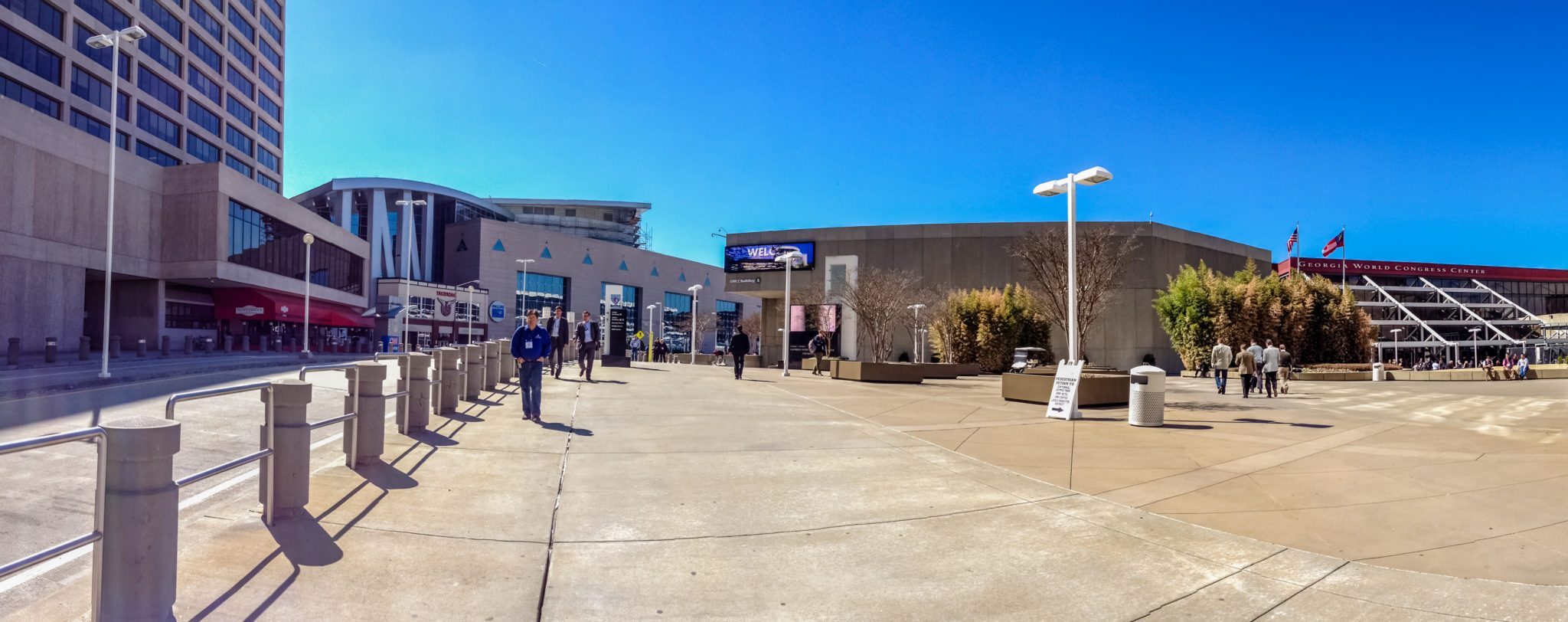
Let the jousting begin: Which top biopharma companies are looking to make a splash at ASH?
Anyone who follows oncology knows the field has attracted so much attention and research money that it sparks a continual eruption of biopharma news as companies joust over blockbuster markets. That’s kept me busy this year with a string of global confabs — as ASCO becomes just one big event in a frenzied competition.
So now I’ll be attending ASH in Atlanta in early December for the first time. What’s on my radar? I turned to Leerink today for some suggestions, and boiled them down here.
Unlock this article instantly by becoming a free subscriber.
You’ll get access to free articles each month, plus you can customize what newsletters get delivered to your inbox each week, including breaking news.